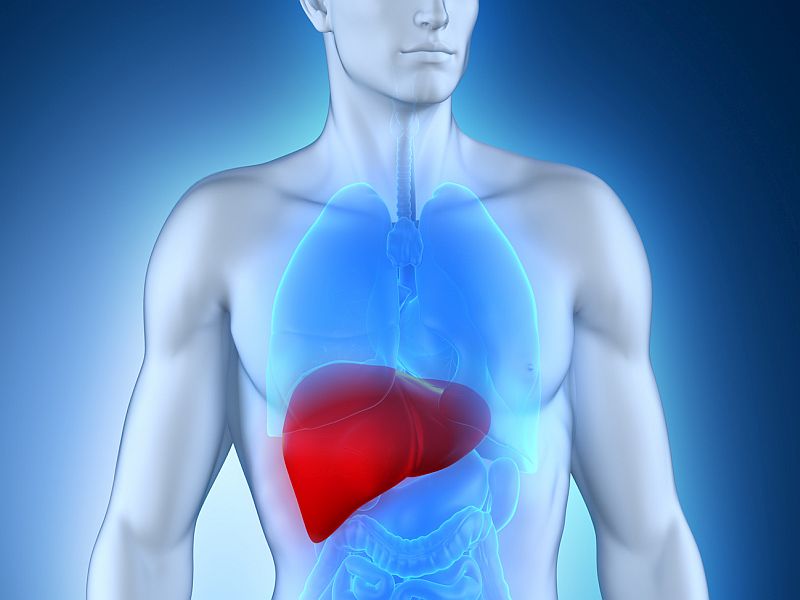
Exposure to high levels of the pesticide DDT increases breast cancer risk — but when the cancer surfaces depends on when women first came in contact with the chemical, researchers say. “What we have learned is that timing really matters,” said lead author Barbara Cohn, from the California-based Public Health Institute. “We know that if… read on >






























